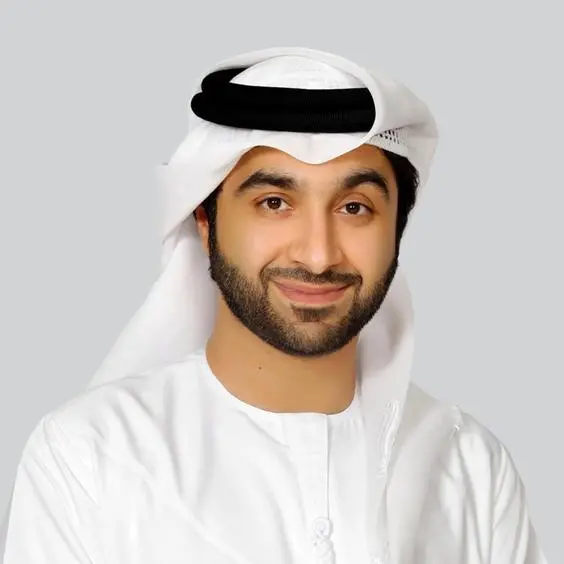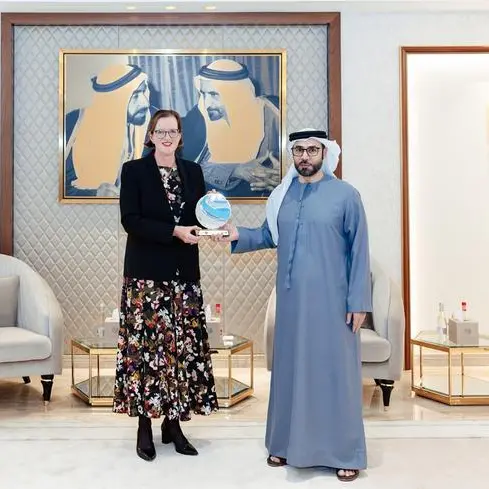The World Bank Group Board of Executive Directors endorsed a new Country Partnership Framework (CPF) for the period of 2022-2026 in support of stabilization and development in the Democratic Republic of Congo (DRC). This CPF will guide the Bank Group’s work for the next five years, supporting the DRC government’s strategic priorities and critical governance reforms. The new CPF places strong emphasis on human development, with a commitment to strengthening systems for improved access and quality of basic services, protecting DRC’s large rainforest—the second largest in the world, strengthening governance, and supporting ongoing stabilization efforts.
The DRC continues to experience conflict and violence; three out of four people live in poverty, and the number of poor is on the rise. Poverty reduction is hampered by high population growth, frail and volatile economic growth, and weak governance that preclude the country from benefiting from its vast natural resources.
The government’s stabilization efforts are a key pillar of this CPF. Investments will aim to reduce fragility and conflict through improved connectivity and access to basic services such as water and electricity and scaling up targeted social protection mechanisms. Stabilization work will be undertaken with provincial authorities and focus on the most vulnerable, including refugees. The World Bank will also support the government’s efforts to establish a countrywide social safety net system that targets poor, vulnerable, and conflict-affected people. The new approach will bring investments of close to $1 billion in social protection activities, benefiting about 1.2 million people.
“The partnership will focus on developing human capital and the economy along two heavily populated corridors, one that runs from north to south along the Great Lakes region, and the other that runs west to east. These areas, which border the large forested area of the country, are the most fragile and have the highest concentration of poverty,” said Jean-Christophe Carret, World Bank Country Director for the Democratic Republic of Congo.
The significant shift toward human development will rebalance financing toward education and social protection, with the aim of addressing sector reforms through results-based modalities. Investments in girls’ learning and women’s empowerment will be geared toward helping girls stay in school and transition into secondary schooling, increasing access to sexual and reproductive health education and services, accessing second chance education, and strengthening women’s economic inclusion. The approach to gender-based violence will focus on activities aimed at reducing such violence through behavior change, and continued access for survivors to a comprehensive package of interventions and support.
The CPF has a strong focus on improving governance. Efforts will aim to strengthen core public financial management functions at central and provincial levels to increase state effectiveness and help build robust oversight institutions that can fight corruption and increase accountability. Engagements will also focus on supporting sectoral governance reforms to improve service delivery, strengthen the business enabling environment, and ensure that the country’s vast extractives resources benefit the population. This will be accompanied by a focus on transparency and citizen engagement for improved accountability.
Currently, the World Bank portfolio in DRC consists of 17 national projects and 3 regional projects totaling $5.3 billion.
Distributed by APO Group on behalf of The World Bank Group.
© Press Release 2021
Disclaimer: The contents of this press release was provided from an external third party provider. This website is not responsible for, and does not control, such external content. This content is provided on an “as is” and “as available” basis and has not been edited in any way. Neither this website nor our affiliates guarantee the accuracy of or endorse the views or opinions expressed in this press release.
The press release is provided for informational purposes only. The content does not provide tax, legal or investment advice or opinion regarding the suitability, value or profitability of any particular security, portfolio or investment strategy. Neither this website nor our affiliates shall be liable for any errors or inaccuracies in the content, or for any actions taken by you in reliance thereon. You expressly agree that your use of the information within this article is at your sole risk.
To the fullest extent permitted by applicable law, this website, its parent company, its subsidiaries, its affiliates and the respective shareholders, directors, officers, employees, agents, advertisers, content providers and licensors will not be liable (jointly or severally) to you for any direct, indirect, consequential, special, incidental, punitive or exemplary damages, including without limitation, lost profits, lost savings and lost revenues, whether in negligence, tort, contract or any other theory of liability, even if the parties have been advised of the possibility or could have foreseen any such damages.



















